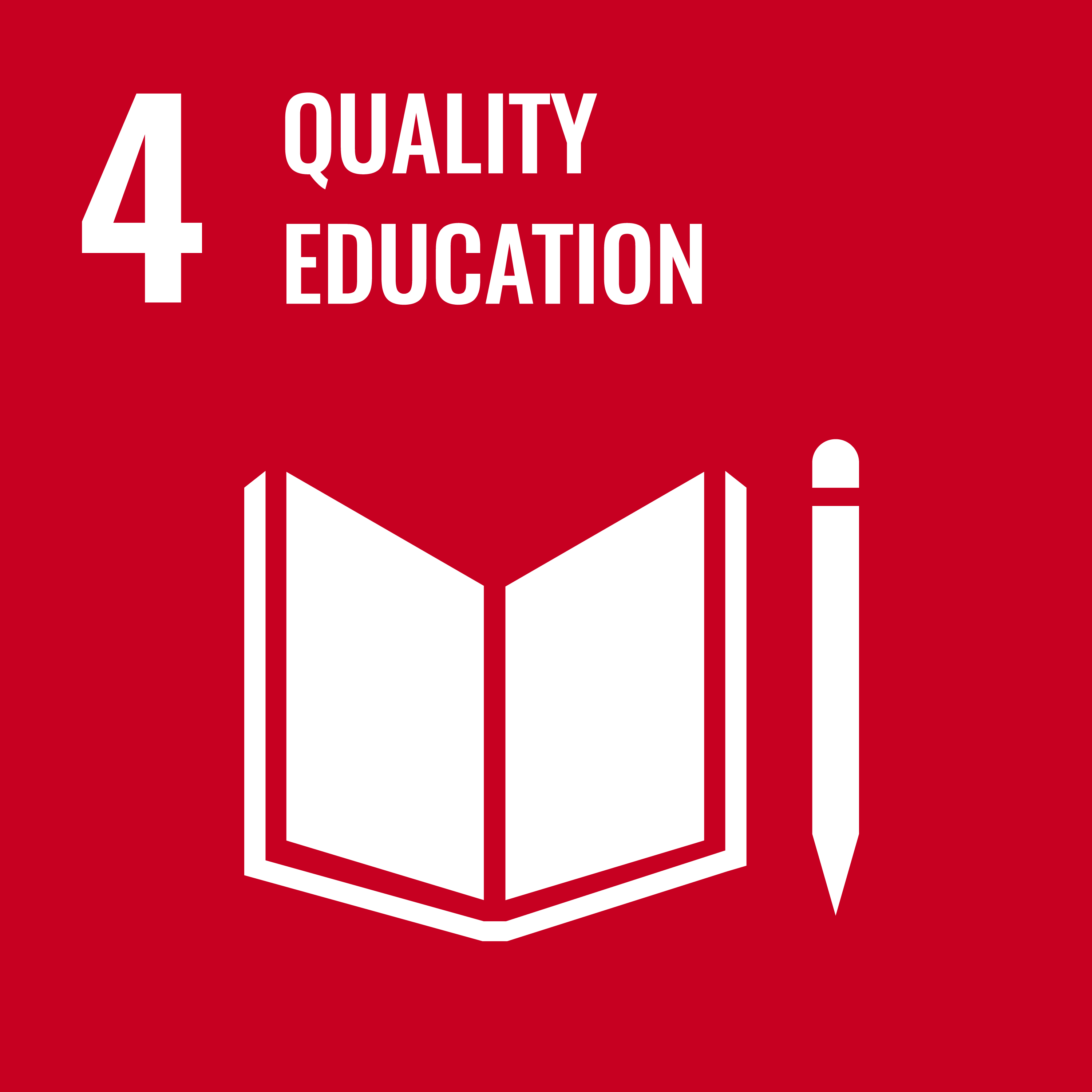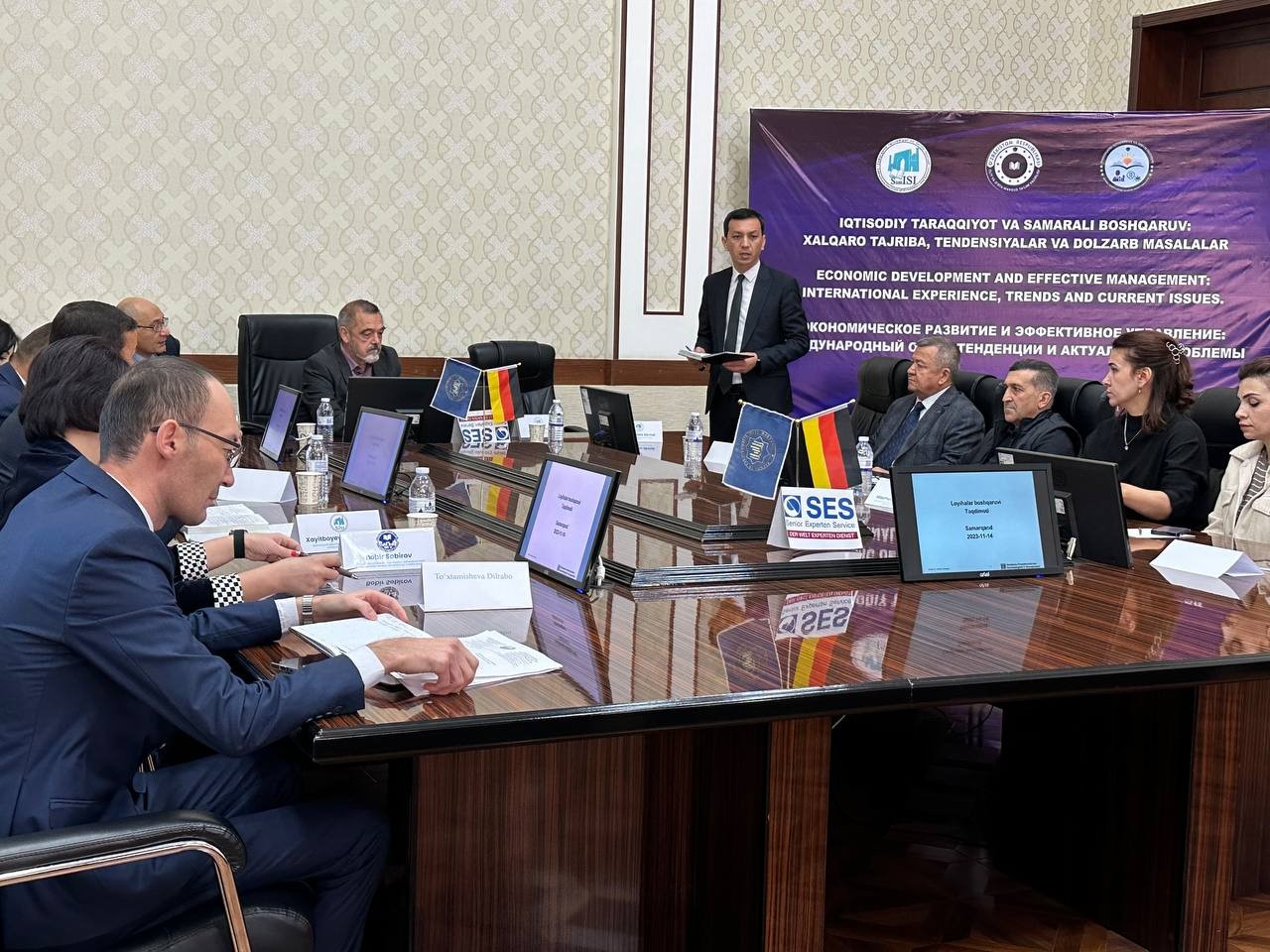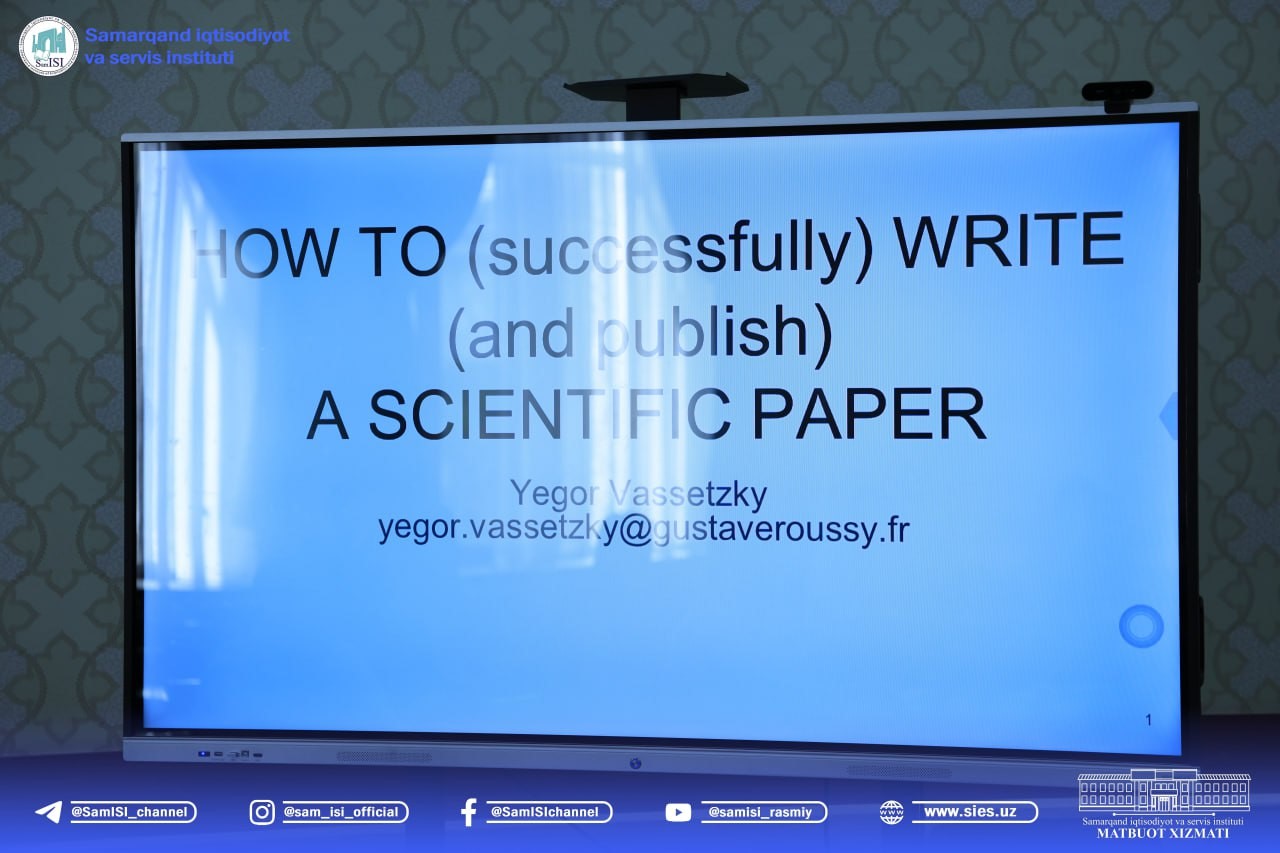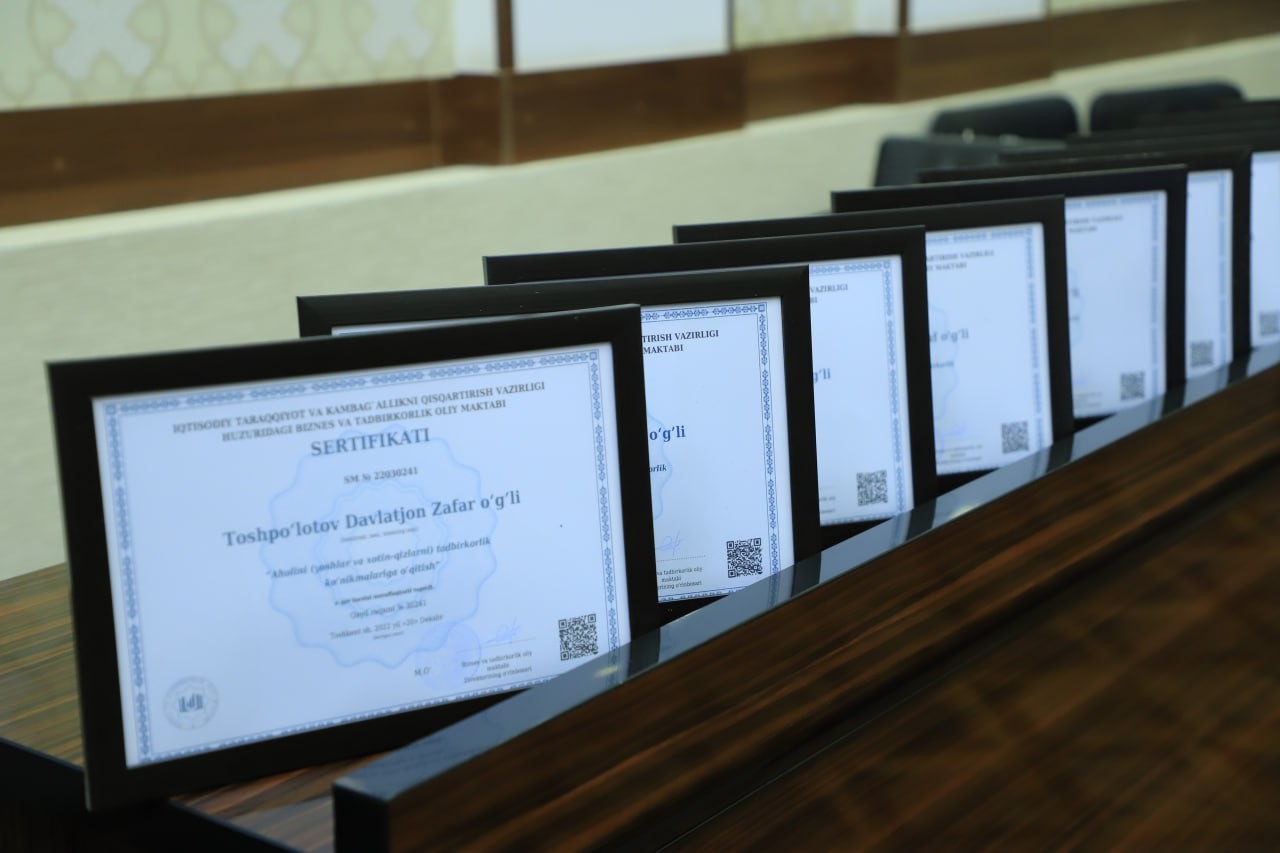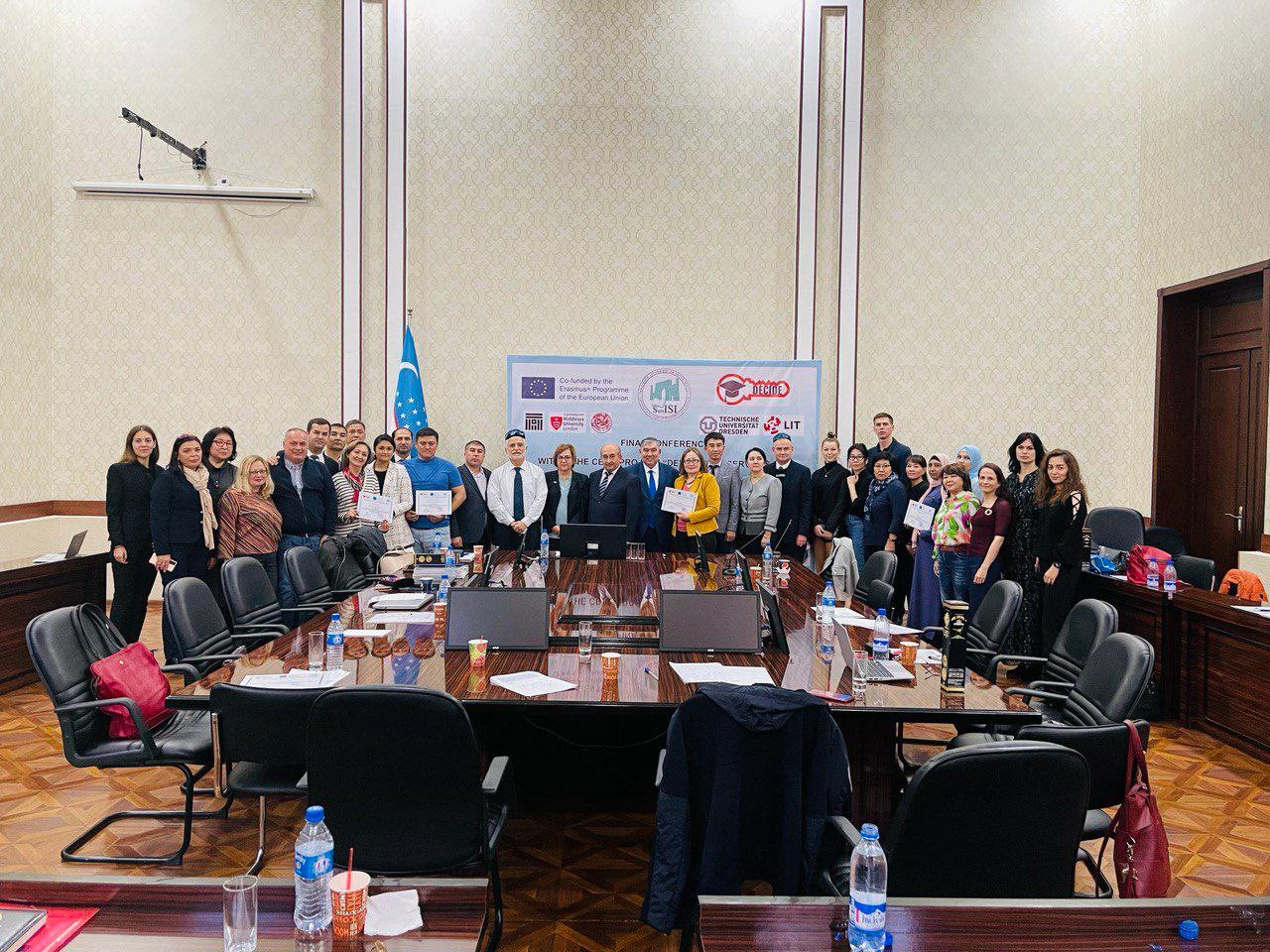Since 2000, there has been enormous progress in achieving the target of universal primary education. The total enrollment rate in developing regions reached 91 percent in 2015, and the worldwide number of children out of school has dropped by almost half. There has also been a dramatic increase in literacy rates, and many more girls are in school than ever before. These are all remarkable successes.
Progress has also been tough in some developing regions due to high levels of poverty, armed conflicts and other emergencies. In Western Asia and North Africa, ongoing armed conflict has seen an increase in the number of children out of school. This is a worrying trend. While Sub-Saharan Africa made the greatest progress in primary school enrollment among all developing regions – from 52 percent in 1990, up to 78 percent in 2012 – large disparities still remain. Children from the poorest households are up to four times more likely to be out of school than those of the richest households. Disparities between rural and urban areas also remain high.
Achieving inclusive and quality education for all reaffirms the belief that education is one of the most powerful and proven vehicles for sustainable development. This goal ensures that all girls and boys complete free primary and secondary schooling by 2030. It also aims to provide equal access to affordable vocational training, to eliminate gender and wealth disparities, and achieve universal access to a quality higher education.
Quality Education aims to ensure inclusive, equitable, and quality education for all and promote lifelong learning opportunities. As a higher education, Samarkand Institute of Economics and Service (SIES) can play a key role for implementing this goal. Here are several actions and initiatives that SIES undertake to carry out the SDG 4:
SIES was one of the partners of DECIDE (Developing services for individuals with disabilities) Erasmus + project funded by European Union (2018-2022). This project made positive impact in development of educational services for people with disabilities at the institute.
There are following achievements of DECIDE project:
Increased Enrollment of Students with Disabilities: In 2018, only 3% of students at SIES were enrolled with disabilities. By the project's conclusion in 2021-2022, this number increased significantly to 11%, demonstrating the positive impact of the project in attracting and supporting students with special needs.
Curriculum Development: 8 Modules were developed by the Project partners and uploaded to the to the online platform https://decideproject.ie of the DECIDE project. Modules were embedded to the curriculum of the institute which is very helpful to train people with special needs.
Training Academic Staff of SIES: During the project implementation SIES organized 2 “National awareness day” and various online and offline trainings for the academic staff of the institution and the staff of NGOs in Samarkand. Main task of the trainings were to equip teachers with the necessary skills and knowledge for training and supporting students with disabilities. This was essential for fostering an inclusive academic environment.
Liaison Officer Appointment at the Library: One of the most important outcomes of the project was establishment of a Liaison Officer at the library of the institute. The Liaison Officer's responsibilities include: promoting and ensuring accessible services for students with disabilities and for the applicants who is going to enroll to SIES. Demonstrate empathy, tolerance, support and understanding to people with special needs in adaptation into the educational process.
Equipment: Moreover, in the frame of the project SIES bought equipments (22.320 euro) like:
1.Notebook Lenovo V15 G2 with specialized SW for blind people - 1 unit
2. Printer Braille/ Cut-sheet fed braille embosser Index Everest-D V5 -1 unit
Additionally SIES offers double-degree programs for both undergraduate and master degree students. These programs allow students to earn degrees from two different institutions (in different countries), provide significant benefits in terms of access to high quality education and global learning. There are following options of double-degree programs at SIES:
- With Kazan Federal University offers undergraduate programs in Regional Economics, Management, and Accounting and Audit, as well as master’s programs in Financial Analytics and Project Management for Social Entrepreneurship.
- In partnership with Tambov State University focuses on undergraduate programs in Tourism and Finance & Financial Technologies.
SIES has a library with a collection of nearly 20,000 books, of which 9,500 are electronic books, indicating a significant digital collection that provides convenient access to materials in electronic format. There are 2,800 users of the library, including professional researchers, students, and employees of educational and scientific institutions.
Moreover, SIES provides extra-curriculum and short-term courses like accounting, IT, language courses (English and Korean) for the students and non-students costumers. These professional courses promote to develop lifelong learning skills and explore new job opportunities. Which is one of the targets of SDG 4.
SIES also has international mobility programs. As part of these programs, foreign professors visit SIES throughout the year to share their knowledge and experience with our students and academic staff. SIES actively welcome professors and researchers from all over the world, creating opportunities for students and academic staff to access innovative teaching methods and international research.
 English
English
 Oʼzbek
Oʼzbek
 Русский
Русский

